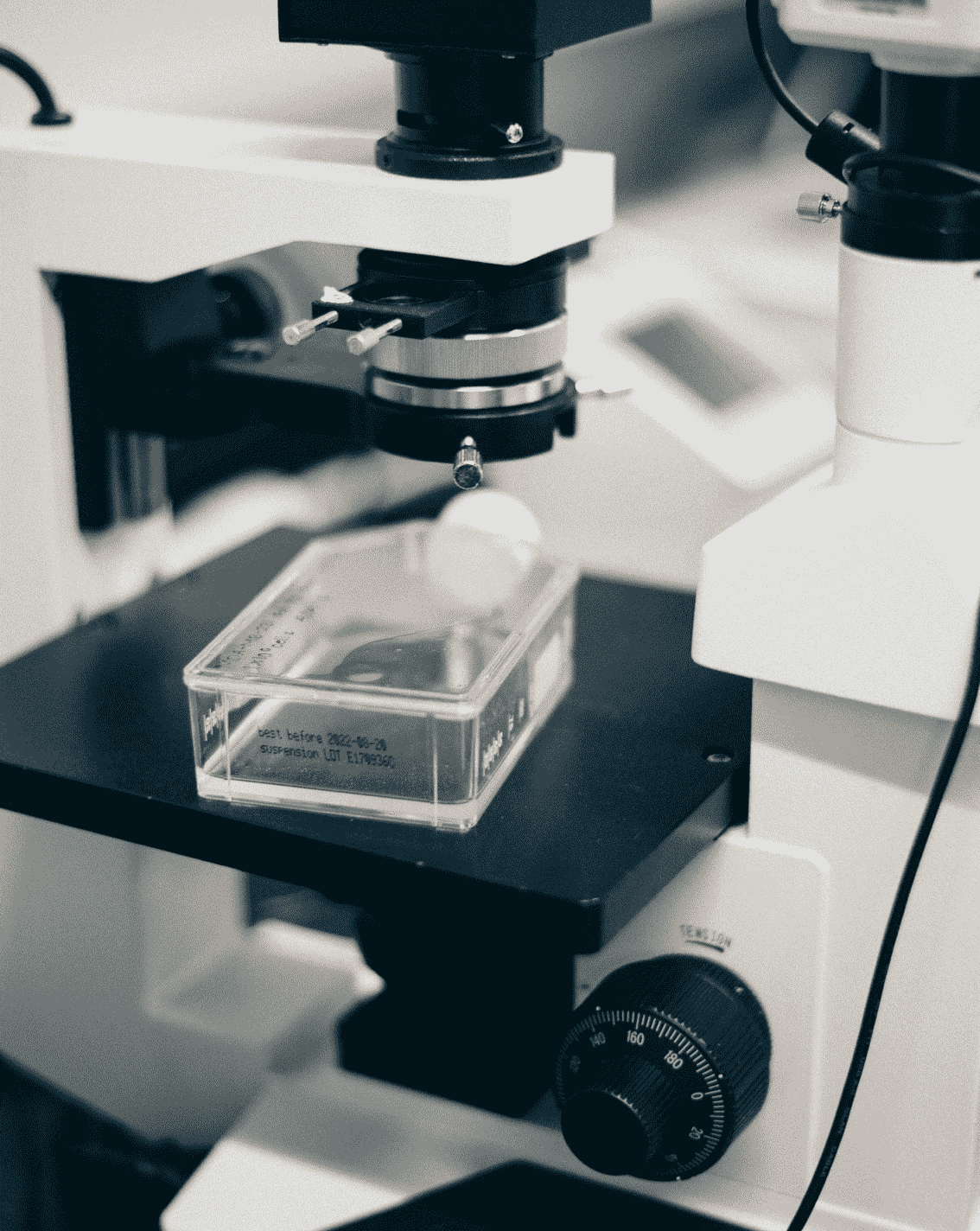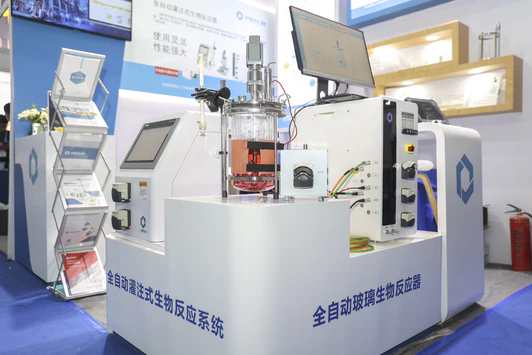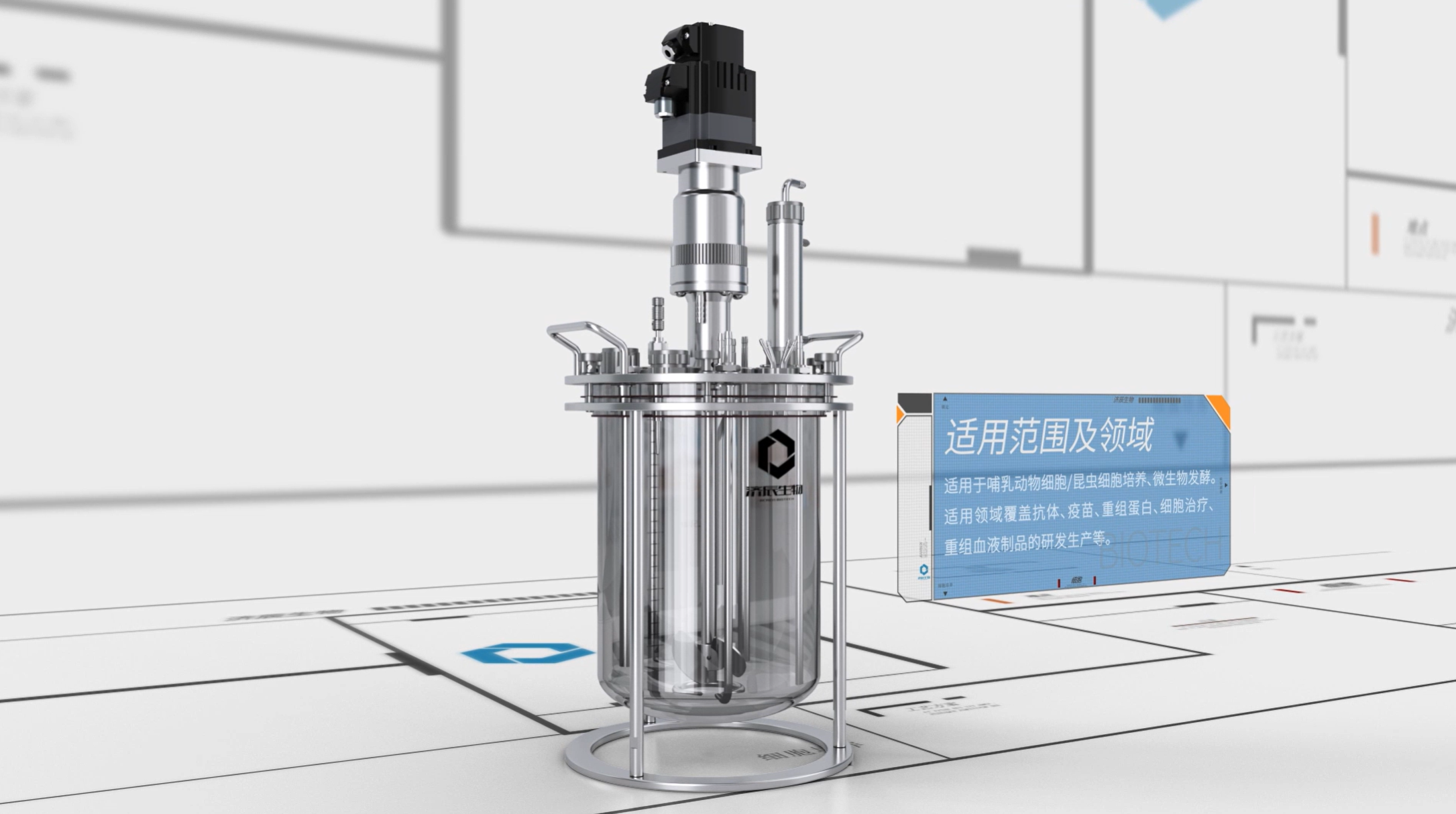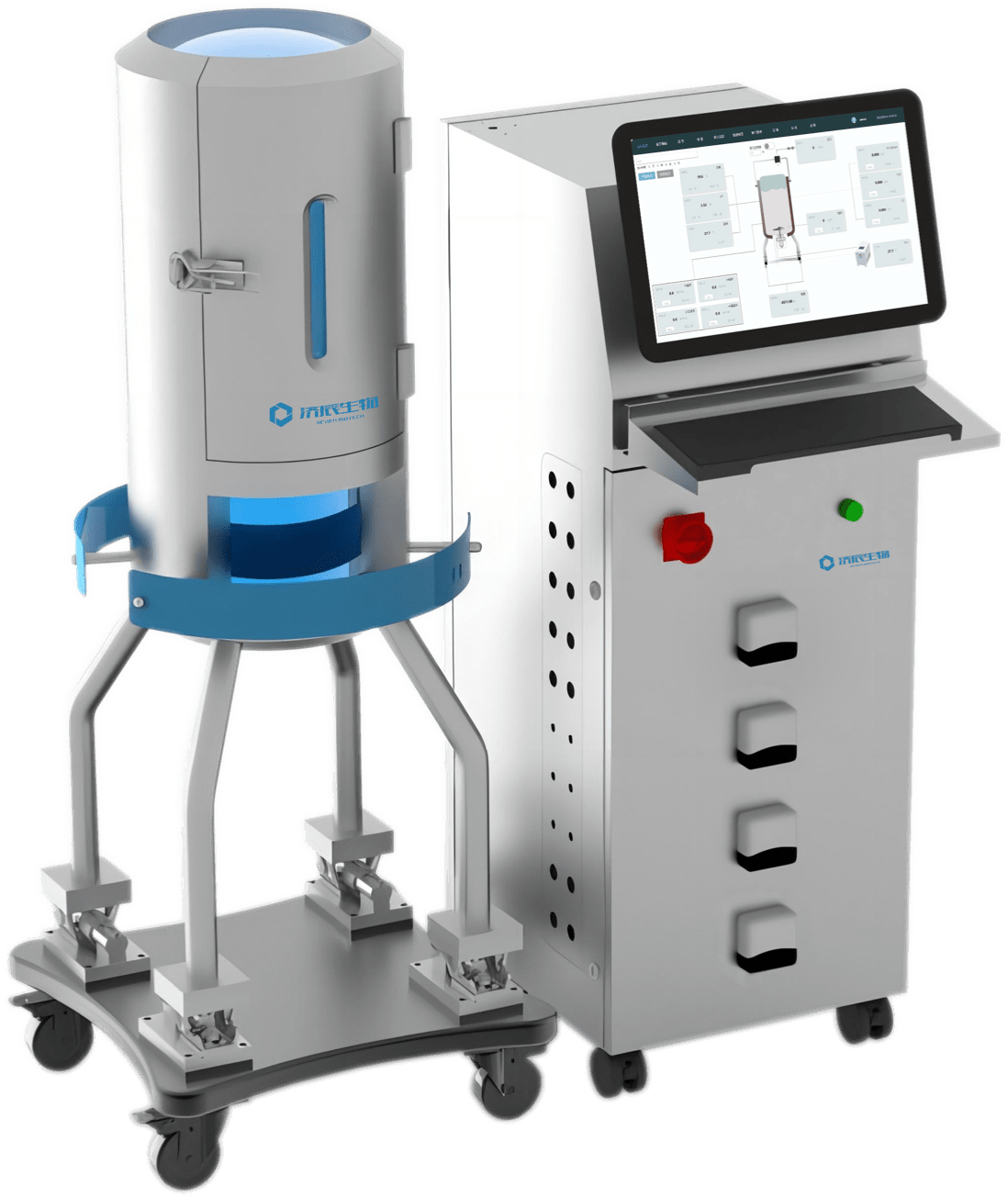Cell culture is the foundation of modern biotechnology and is widely used in the fields of drug development, vaccine production, and biotherapeutics. With the development of technology, Single-Use Systems (SUS) have gradually become the mainstream technology in the field of cell culture. This paper will delve into the application of Single-Use Systems in cell culture and its far-reaching impact on the biotechnology industry.
Overview of Single-Use Systems Overview of Single-Use Systems
Single-use systems are bioprocess equipment made from disposable materials, including but not limited to containers, tubing, filters, bags, etc. These systems are designed for single use and are discarded after use without the need for cleaning and re-sterilization.
Disposable systems in cell culture
- Cell culture containers: disposable cell culture containers such as cell culture bags and bioreactors, provide a sterile, closed culture environment and reduce the risk of cross-contamination.
- Fluid transfer systems: Disposable tubing and connectors for transferring media, additives, and cell suspensions, ensuring sterility and safety during fluid transfer.
- Downstream processing: Disposable systems are used for isolation, purification, and formulation during the downstream processing of cells, increasing productivity and flexibility.
Technological advances and innovations
- Materials innovations: With the development of novel materials, disposable systems for heat resistance, chemical stability and mechanical strength have been significantly improved.
- Design optimization: Disposable systems are increasingly being designed to meet the needs of cell culture, such as increasing the surface area-to-volume ratio, optimizing fluid dynamics, and improving the efficiency of oxygen transfer.
- Process Integration: The integrated design of disposable systems makes the entire process of cell culture more compact and efficient, reducing the number of operational steps and time.
Industrial Impact
- Cost-Effectiveness: disposable systems reduce equipment investment and maintenance costs, especially for small-scale and diversified production.
- Production Flexibility: Disposable systems allow for quick product line changes to adapt to rapid changes in market demand.
- Safety Enhancement: By minimizing the risk of cross-contamination, disposable systems improve the quality and safety of the final product.
Challenges and future perspectives
- Challenges : Environmental impacts of disposable systems, material recycling and disposal are the main current challenges.
- Future outlook: Disposable systems will become even more environmentally friendly and efficient with the development of sustainable materials and the advancement of the circular economy.
The application of disposable systems in the field of cell culture has not only pushed forward the development of biotechnology, but also revolutionized the biopharmaceutical industry. As technology continues to advance, disposable systems will continue to play an important role in improving productivity, reducing costs and ensuring product safety.









